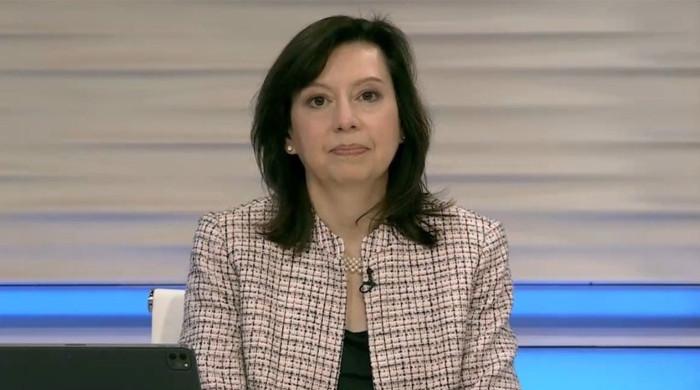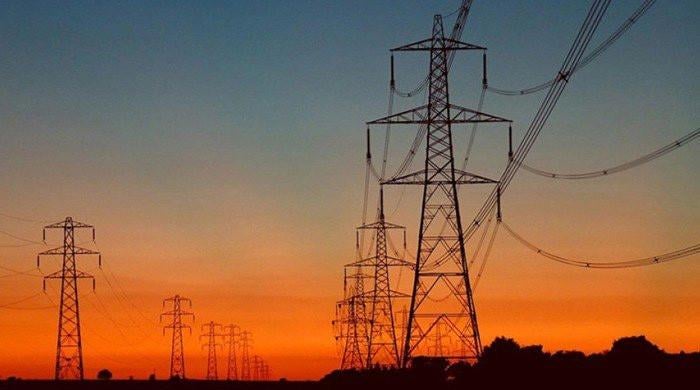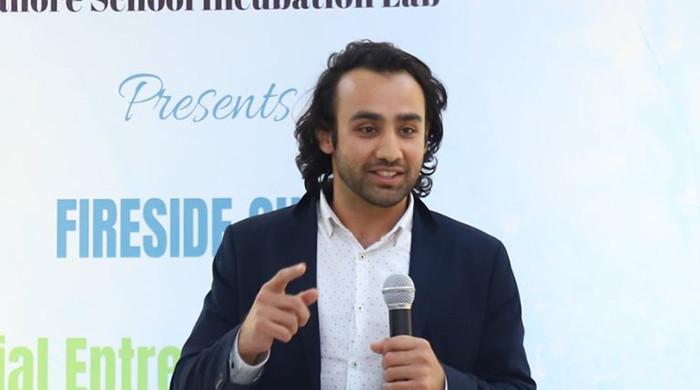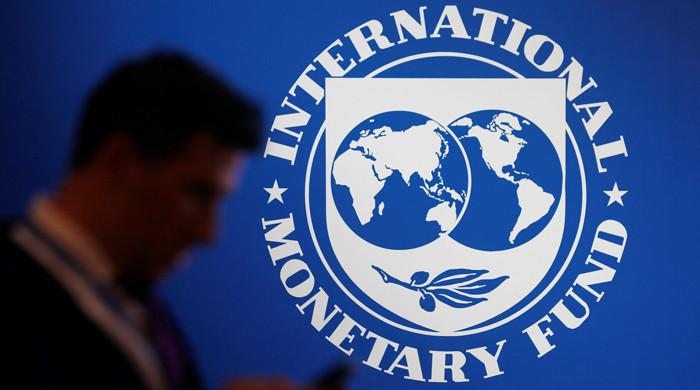UK aims to up trade with Pakistan
KARACHI: The British Deputy High Commissioner, Francis Campbell has said that his government intends to promote bilateral trade with Pakistan to the tune of UK pound 2.5 billion by 2015."Pakistan...
September 17, 2011
"Pakistan has tremendous resources, well educated human capital, and has enormous potential to progress despite facing myriad problems," he said while talking to office bearers of Karachi Chamber of Commerce and Industry (KCCI) during a visit to the Chamber.
In addition, UK intends to spend $ 1 billion to assist Pakistan to promote education, he said and added that there were presently over 100 British companies operating in Pakistan and their success stories were encouraging other Britain companies to invest in Pakistan.
Campbell said misperception about Pakistan is a hurdle but the reality is that those who have experienced doing business here know that Pakistan was a different country from what it was perceived.
He added that UK High Commission and KCCI can work together to attract trade and investment.
He informed that a large delegation from Birmingham was due soon to talk about trade and investment.
Siraj Kassam Teli, Chairman BMG and former President-KCCI said Karachi was the economic and industrial hub of the country and restoration of peace in the city was vital for economic growth.
He further said British investment in Pakistan was playing significant role in its economic development. He called for more employment generation and hoped that with the passage of time more such investment would be forthcoming.
Muhammad Saeed Shafiq, President KCCI in his comments hoped that trade between the two countries will grow for the social economic development of Pakistan.
"KCCI believes that developed countries should reciprocate the contribution of Pakistan to address the economic challenges through shifting its support from conventional aid to market access, investment, technology transfer, education and training, scientific research and infrastructure development," he pointed out. (APP)











